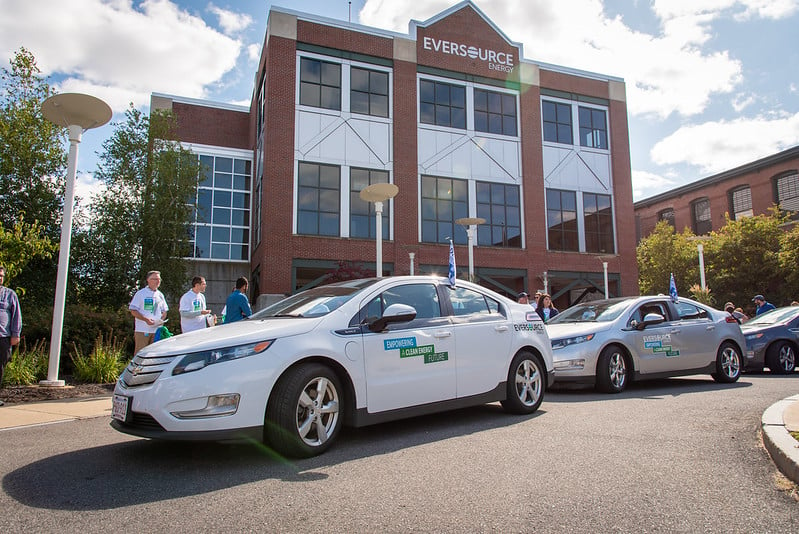The electric utility Eversource that services a good chunk of New England is now offering some good demand response incentives. Under high demand electricity situations they pay you a generous amount to draw from your storage battery. The incentive varies by state but Massachusetts you get $225 per average kw used. According to the Tesla power wall website its more than enough to cover the battery in Massachusetts.
For example, a Powerwall paired with an 8 kW solar system in Massachusetts could create almost $12,000 in value - $3,200 from the federal tax credit, $4,800 from the SMART storage incentive and $3,850 from ConnectedSolutions – more than enough to cover the Powerwall’s price.
 www.eversource.com
www.eversource.com
(broken link removed)
For example, a Powerwall paired with an 8 kW solar system in Massachusetts could create almost $12,000 in value - $3,200 from the federal tax credit, $4,800 from the SMART storage incentive and $3,850 from ConnectedSolutions – more than enough to cover the Powerwall’s price.
Battery Storage Demand Response | Eversource
Home batteries can help you store your clean solar energy or simply provide backup energy in case you need it. Learn more from Eversource.
(broken link removed)
Last edited:


![[Hearth.com] Eversource is now offering some incredible storage battery incentives in New England [Hearth.com] Eversource is now offering some incredible storage battery incentives in New England](https://www.hearth.com/talk/data/attachments/275/275244-1212925ba77d387294233185cec5ac0c.jpg?hash=C7WwmUdyOq)
![[Hearth.com] Eversource is now offering some incredible storage battery incentives in New England [Hearth.com] Eversource is now offering some incredible storage battery incentives in New England](https://www.hearth.com/talk/data/attachments/275/275312-8020d9d1263b525483d671995acecdb9.jpg?hash=053ZXDXlCd)
![[Hearth.com] Eversource is now offering some incredible storage battery incentives in New England [Hearth.com] Eversource is now offering some incredible storage battery incentives in New England](https://www.hearth.com/talk/data/attachments/275/275315-a06216cbb639d9ac66bb5720f31b20c9.jpg?hash=qweRWp7IBO)
